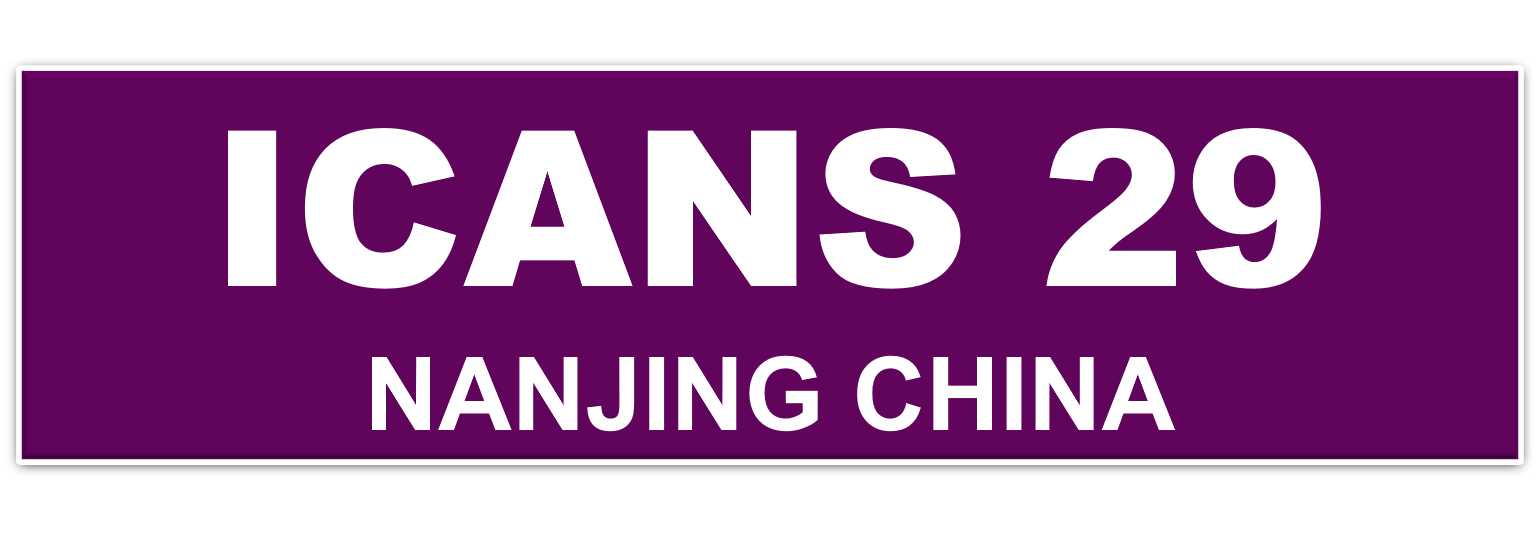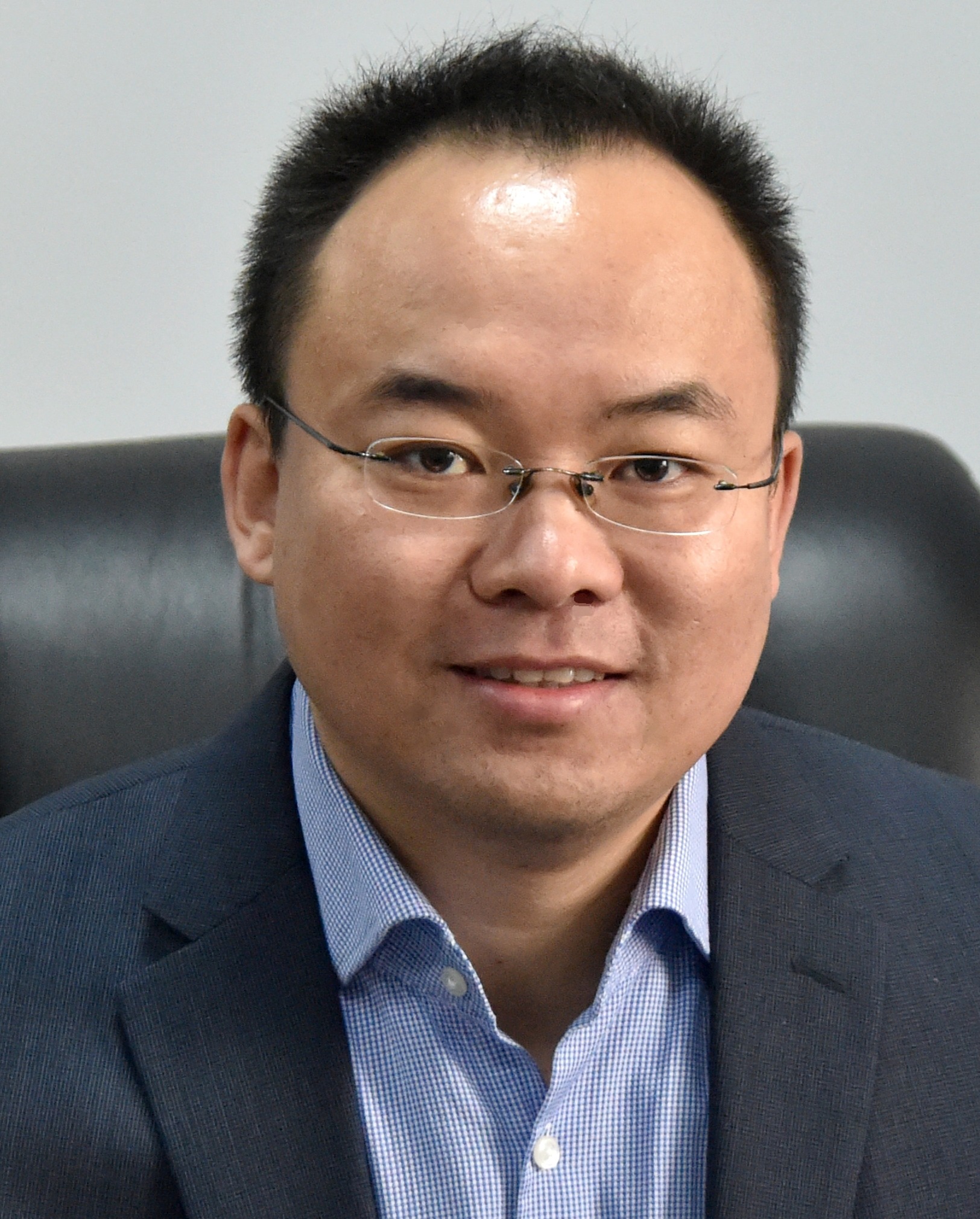Yonghua Chen
Flexible Thin Film Electronics
Key Laboratory of Flexible Electronics (KLoFE), College of Flexible Electronics (Future Technology), Institute of Advanced Materials (IAM), Nanjing Tech University (NanjingTech), 30 South Puzhu Road, Nanjing 211816, Jiangsu, China.
Email: iamyhchen@njtech.edu.cn
Biography
|
|
Abstract for Presentation
Proton ionic liquid for perovskite solar cells
Solvent is vital to control crystallization and crystal growth of the state-of-the-art solution-processed hybrid organic-inorganic perovskites. However, researchers just focus on the highly toxic and coordinating solvents (e.g., dimethylformamide, dimethylsulfoxide, and g-butyrolactone) and the based modification (e.g., antisolvent), which may hinder the success of perovskite solar cells (PSCs) in practical applications, and a largely serious unexplored challenge remains until now. Here, we report an alternative environment-friendly ionic liquid as a novel solvent for facile fabrication of PSCs in ambient air. Ionic liquid has excellent chemical properties with high viscosity, negligibly vapor pressure, and nonhazardous. Completely soluble of both ammonium and lead salts by hydrogen bonds in ionic liquid were observed. Dense and pinhole-free perovskite films with high reproducibility can be readily prepared by simple one-step method without anti-solvent even under the relative humidity over 80%. The findings may open up a new approach for further improving PSCs performance with higher reproducibility and reliability in ambient atmosphere.
References
1. W. Hui, L. Chao, H. Lu, Y. Chen,* W. Huang,* et al Science, 371 (2021) 1359-1364.
2. C. Liang, H. Gu, Y. Xia, Y. Chen,* G. Xing,* W. Huang,* et al Nat. Energy 6 (2021) 38-45.
3. H. Ren, S. Yu, L. Chao, L. Zhang,* Y. Chen,* W. Huang,*et al “Efficient and stable Ruddlesden-Popper perovskite solar cell with tailored interlayer molecular interaction” Nat. Photonics 14 (2020) 154-163.
4. L. Chao, Y. Xia, B. Li, G. Xing, Y. Chen,* Wei Huang,* “Room Temperature Molten Salt for Facile Fabrication of Efficient and Stable Perovskite Solar Cells in Ambient Air” Chem 5 (2019) 995-1006.
5. X. Wang, X. Ran, X. Liu, H. Gu, Y. Xia*, Y. Chen,* and W. Huang,* et al “Tailoring Component Interaction for Air-Processed Efficient and Stable All-Inorganic Perovskite Photovoltaic” Angew. Chem. Int. Ed. 59 (2020) 13354-13361.
.
WELCOME TO CHINA TO ATTEND THE ICANS
23-26 August, Nanjing, China
Connect with us:



